Nature reports
Publisher: Wageningen University & Research
Page 2 of 4 - 36 Results
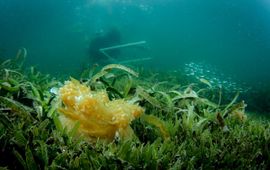
Researchers from Wageningen University & Research and the University of Amsterdam report on a fascinating case of competition between an animal and an invasive pIant. In tropical ecosystems, photosynthesizing organisms are..

A study by Wageningen University and Research set up a series of design sessions, workshops and interviews to describe a vision for Bonaire in 2050. In this ‘nature inclusive vision’, measures to combat challenges for people in..
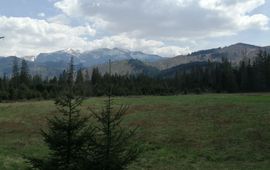
European forests are being increasingly affected by natural disturbances, a new ground-based observation study shows. An international team of forest scientists from Wageningen University & Research (WUR), the European Forest..
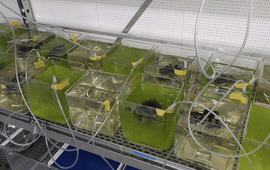
More than one million people in the Netherlands are using medication against mental illnesses such as depression and psychosis. Residues of these medicines are found in waste water. After many cleansing treatments, our waste water..
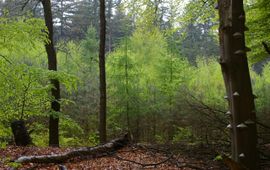
Dutch forests are becoming increasingly diverse. For the first time since recording began eight decades ago, more deciduous than coniferous trees were recorded. This variation in species is good for biodiversity and increases the..
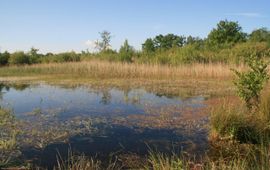
Imagine that you are sitting on the shore of a lake on a warm and sunny day. You just bought an ice cream and are enjoying it with your feet in the water. And then, whoops, the scoop drops from the cone into the water. The scoop..

Living with biodiversity definitely is one of the main challenges for humanity in the coming century. In his farewell address as Special Professor in Insect Ecology and Conservation at Wageningen University, Michiel Wallis de..
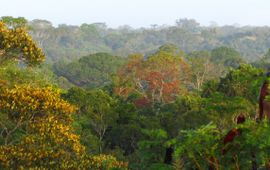
Stem growth of tropical trees is reduced in years when the dry season is warmer and drier than normal. This is the main finding of a global tree ring study published in Nature Geoscience led by Wageningen University & Research. ..
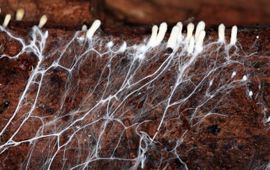
Soil provides a variety of services that are indispensable to life on Earth. The global decline in soil quality is therefore a major concern. One solution may lie in the hands of tiny organisms that can direct ecosystem recovery:..
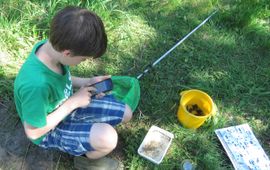
Measuring biological water quality by volunteers has an added value to monitoring by professionals. It helps to obtain a fuller picture of water quality in Dutch ditches, streams, ponds and canals. ..
